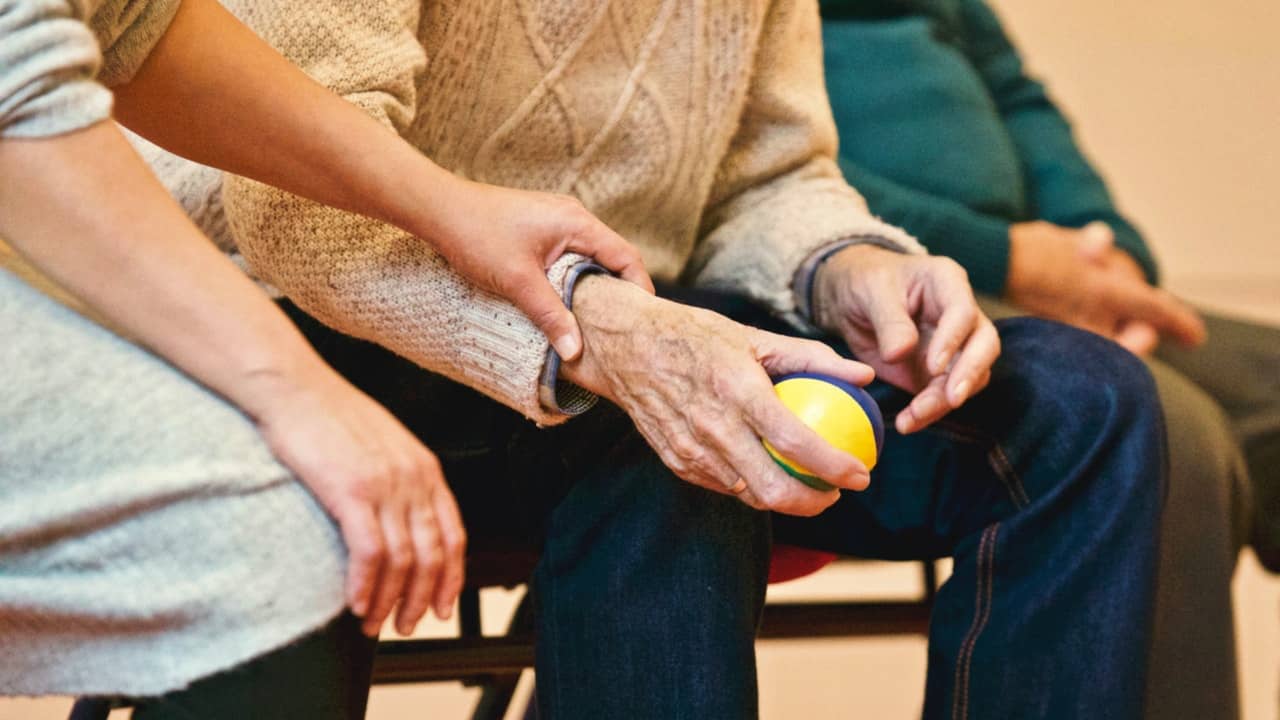
As the Baby Boomer generation ages, more Americans than ever are moving to nursing homes. Unfortunately, not everyone receives the excellent medical care they deserve. In fact, nursing home abuse claims are becoming more common.
If you suspect that your loved one is being abused in their nursing home, you can file a civil suit against the nursing home. However, it can be difficult to prove damages—that is, that the nursing home caused your loved one harm. Since nursing home residents are often already in ill health and expected to decline further, it’s crucial that you have solid evidence.
What You’ll Need to Prove
Typically, nursing home abuse cases are a type of negligence suit. You and your attorney will be required to prove all of the elements of your claim by a preponderance of the evidence, or a greater than 50 percent chance that your claim is true.
You’ll need to prove that:
- The nursing home owed your loved one a “duty of care,”
- The nursing home breached that duty, and
- Your loved one suffered harm as a direct result.
Damages might include physical, mental and emotional pain and suffering, the cost of medical treatment and, in particularly egregious cases, punitive damages. Punitive damages are meant to punish the defendant, as opposed to compensating the plaintiff for the harm suffered.
Proving Nursing Home Abuse
Because of the age and illness-related factors, proving that the nursing home is responsible for your loved one’s decline is difficult. Some elderly people have trouble articulating what has occurred, while in other cases, it’s difficult to prove that the harm suffered was due to an employee. After all, they’re not likely to create a paper trail that could get them in trouble, and ill health is not unusual in elderly people. Should they suffer from cognitive decline, it can be even harder.
If you suspect your loved one is a victim of nursing home abuse, try to document the situation as much as possible. Take notes about your observations, what the patient says and what you and other family members have observed during your visits. Photograph any injuries you notice as well as any medication given to your loved one. If you speak with the staff, write down factual summaries of what you talked about, as well as your emotional and personal impressions. The more detail you have, the better chance your case will succeed.
When your loved one has suffered nursing home abuse, be sure to contact an attorney as soon as possible. An experienced Ohio nursing home abuse attorney can speak with you today about your case. Call Dworken & Bernstein for a consultation.






